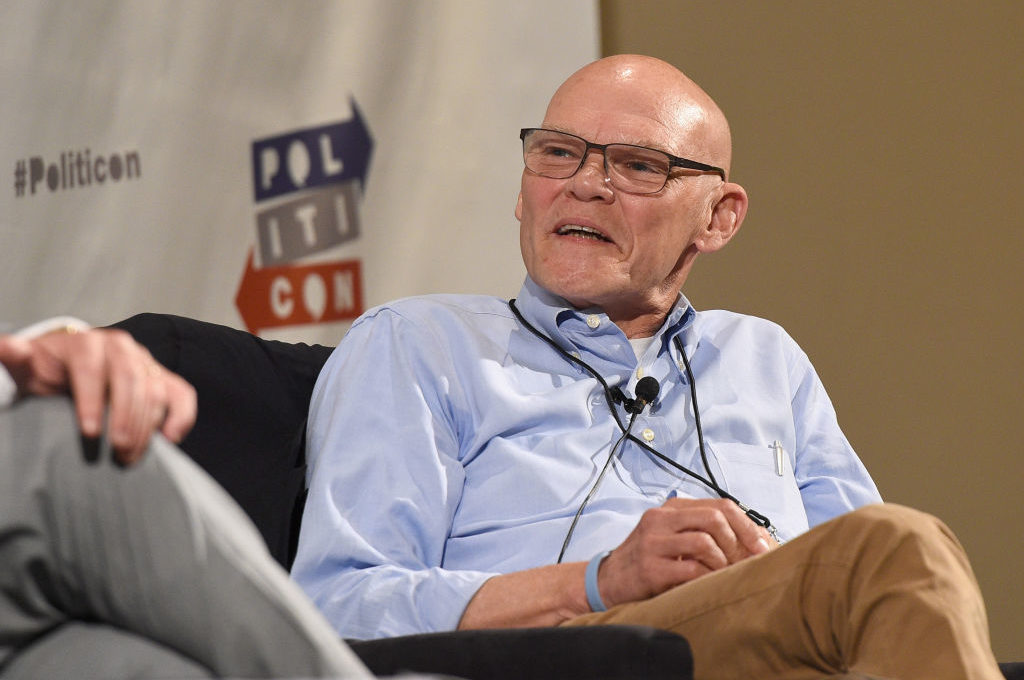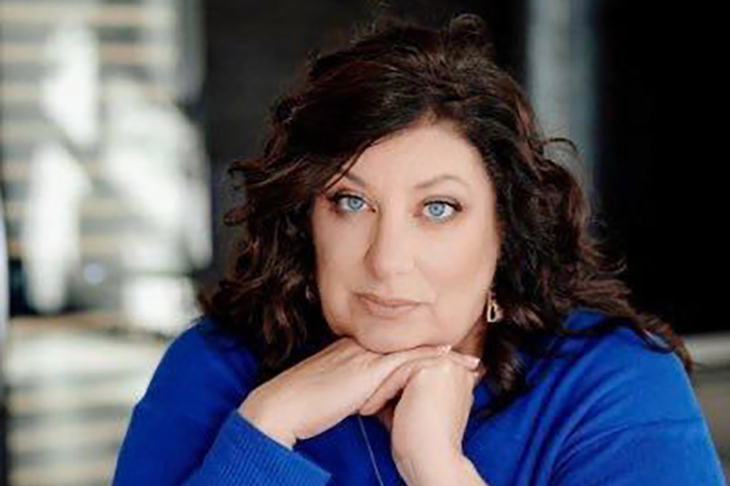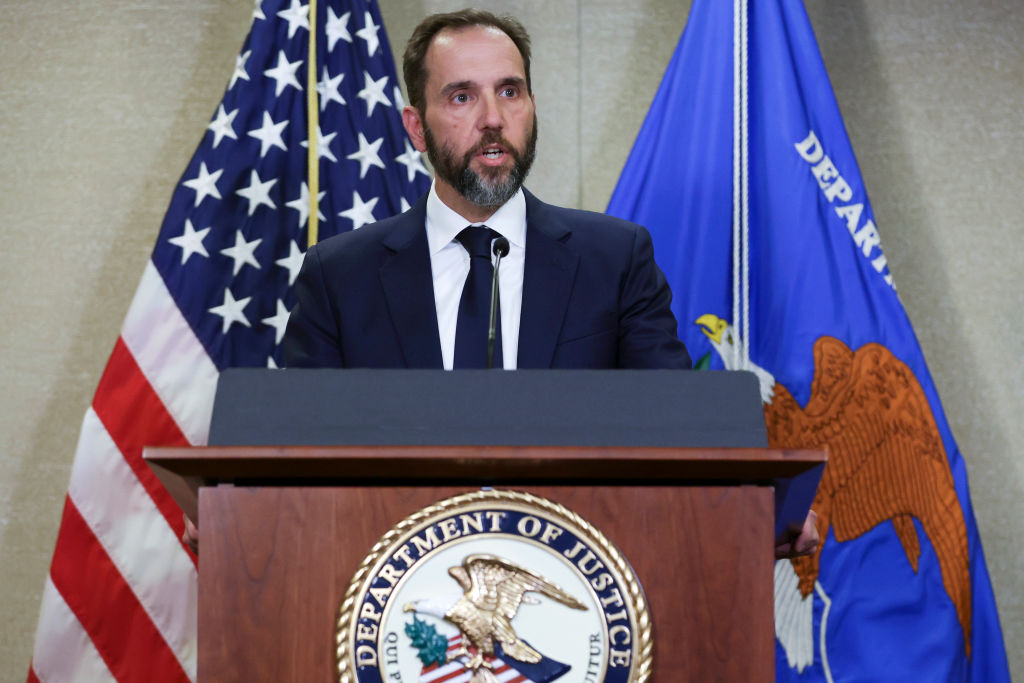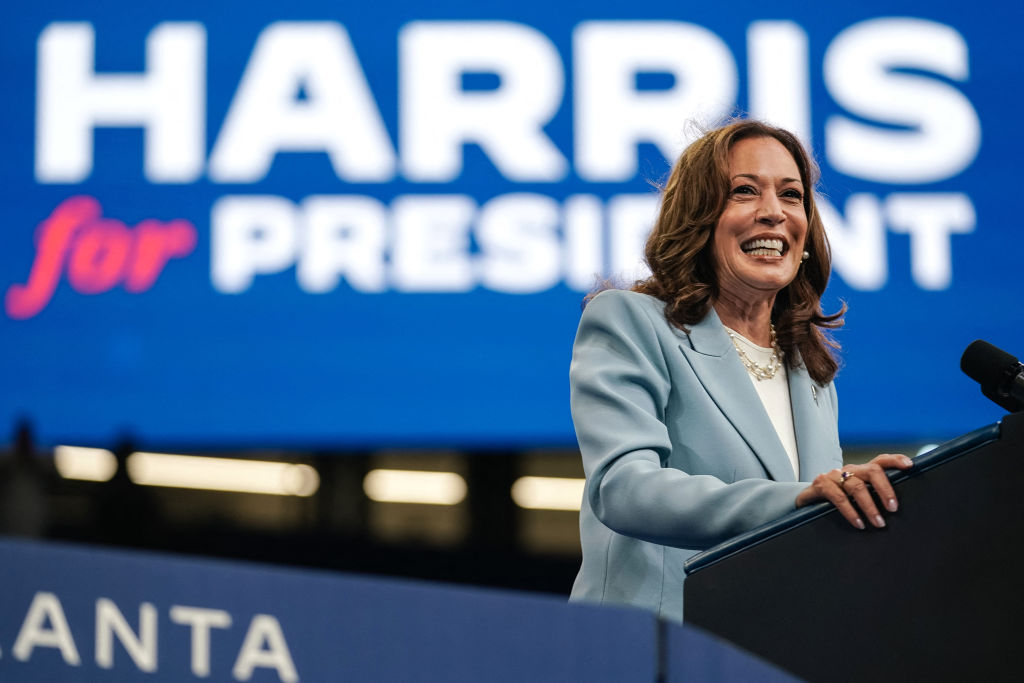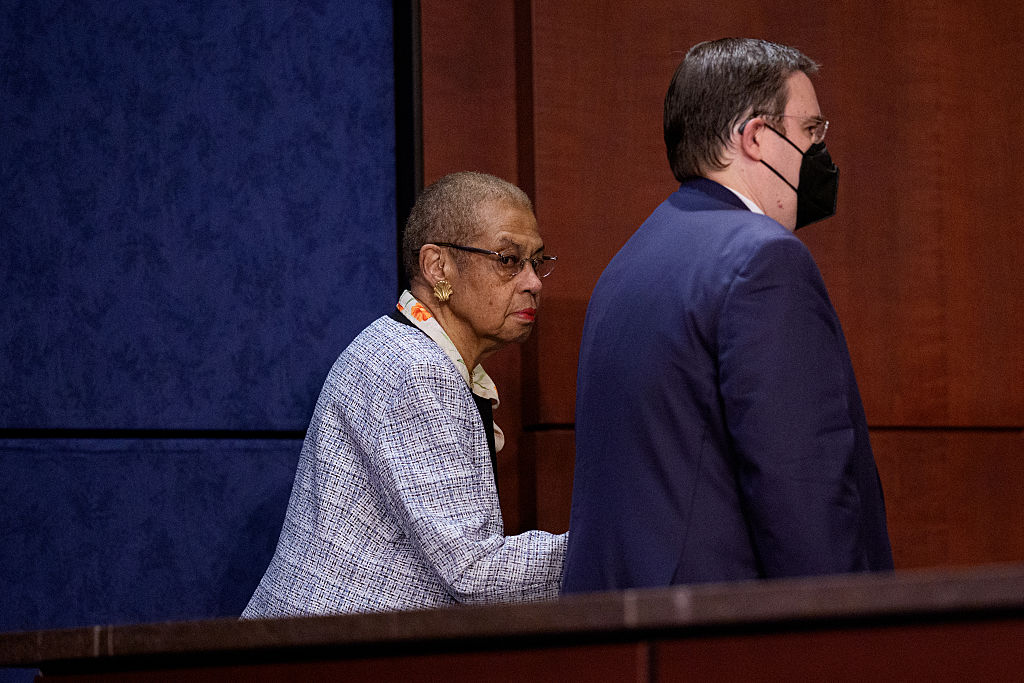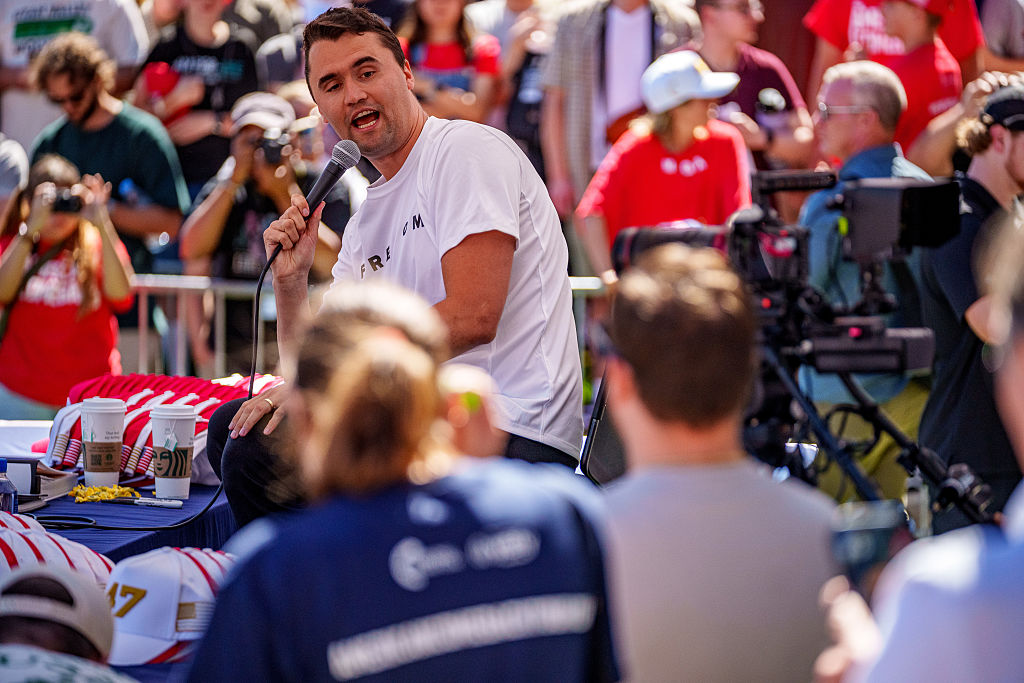On Monday night, the Democratic party kicks off the first-of-its-kind, never-seen-before, virtual presidential nominating convention. In anticipation of the big online event, Matt Taibbi invited his newsletter readers to start drinking, now:
‘Imagine a four-day Zoom meeting in which the likes of John Kasich, Michael Bloomberg and Nancy Pelosi warn us for the fifty through sixty millionth times about the “existential threat” of Donald Trump, and one comes close to envisioning hell on earth.’
Hell on earth, maybe, for headline hungry Beltway journos. But heaven and harpsichords for Democratic operatives who live for the Holy Grail of ‘message discipline’.
I dialed up James Carville, a veteran of Democratic conventions, for his insider view of this wild new digital frontier. He’s attended every Democratic convention since 1984 and tells me that while he loves the parties, the camaraderie and the red, white and blue bonhomie, the purpose of a convention is to ‘show what you’re really about’.
So, what will Bill Clinton’s campaign svengali be looking for this week?
‘The most interesting thing is, generally, everybody gets a bounce out of a convention. Even Mondale went ahead of Reagan. It’s going to be interesting to see if there’s any kind of bounce that Democrats get.’
If they don’t?
‘They may not get a bounce and have an enormously successful convention. It’s absolutely possible.’
Carville does see a distinct advantage to the virtual set-up over a real-life fanfare.
‘You have so much control. You had people booing a four-star Marine general in 2016. You can’t have that, now.’ Going virtual has virtually eliminated ‘any kind of things that could have made you want to take a Pepto-Bismol’.
With those kinds of stomach-churning moments out the way, what does Carville hope to see over the next four days of political show and tell? In short, less Trump, more vision.
‘In 2016, in retrospect, we talked about Trump way too much. If it just becomes an anti-Trump feeding frenzy, it’s not going to help a lot.’
[special_offer]
Instead, Carville advises Democrats to follow the 2018 playbook and focus on the issues and the voters.
‘To put it in football terms, let’s run that play again. We just scored an 80-yard touchdown. Let’s go back and try it again.’
No doubt, Carville’s advice has been transmitted to the highest levels of the Democratic party. He tells me that he plans to watch tonight, texting and calling people, ‘going back and forth’.
But ultimately, despite the virtual balloon-drop and the four-day bender, Carville wonders what it all means: ‘If there’s one huge story of this cycle going into the virtual convention, that is it’s staggeringly stable. I’m just wondering if, in the end, it’s gonna matter.’



